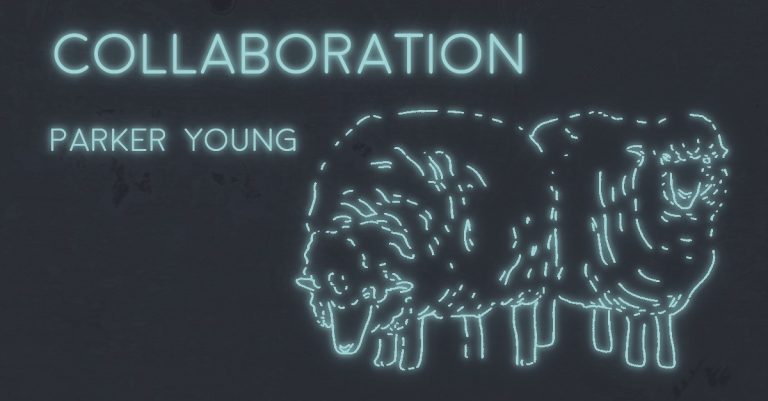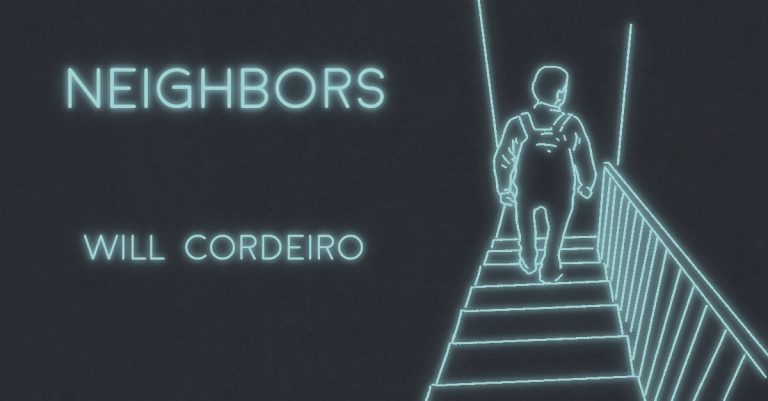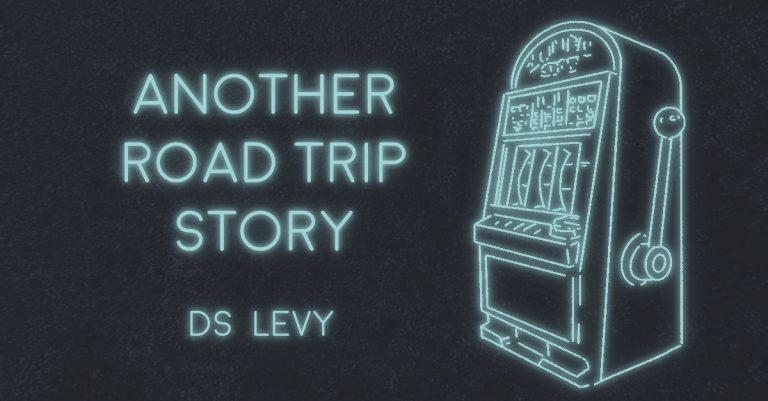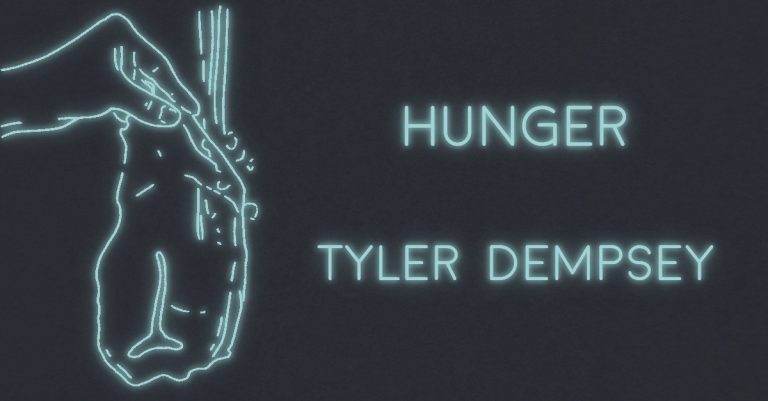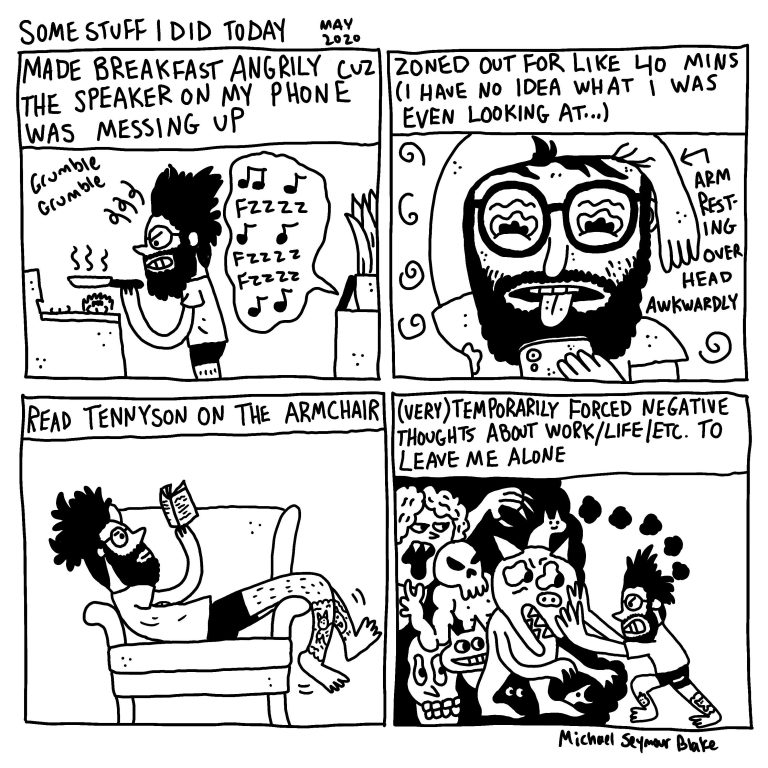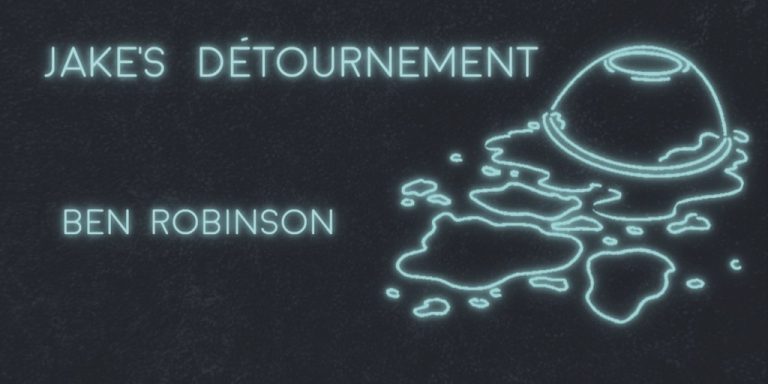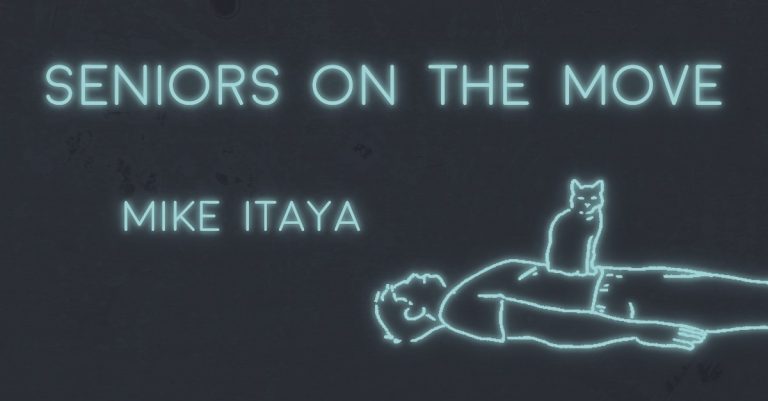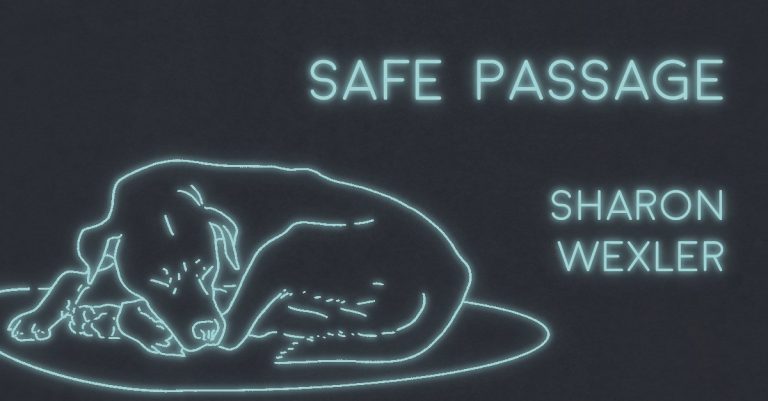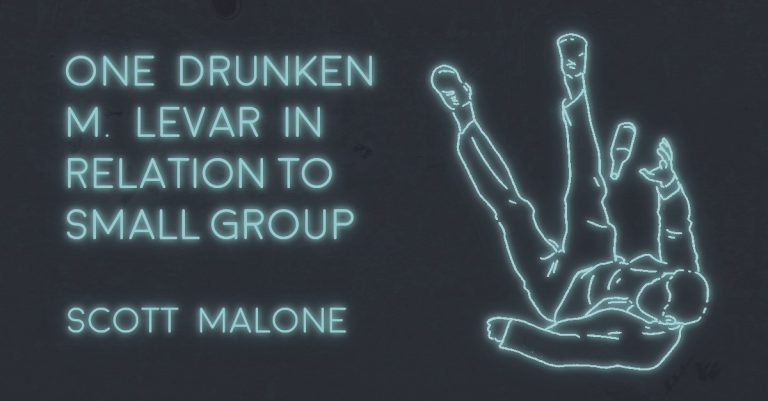
ONE DRUNKEN M. LEVAR IN RELATION TO SMALL GROUP by Scott Malone
To ease elaborations, an assumption will be made for the reader. That, from sober perspectives, stupor-induced antics most commonly associated with alcoholics are the chaotic, frenzied movements of temporarily broken brains; they contain zero scientific insights. This case intends to show Academia why the understanding is incorrect. And that, under objective lenses of scientific method and reason, significant behavioral patterns emerge in those chronically inebriated. Like moths to light, Drunks are attracted to groups of people. More so, if the group is standing. A strange phenomenon—especially considering a Drunk’s near-constant lack of balance—that’s generated a sort of mythos-cult following in


